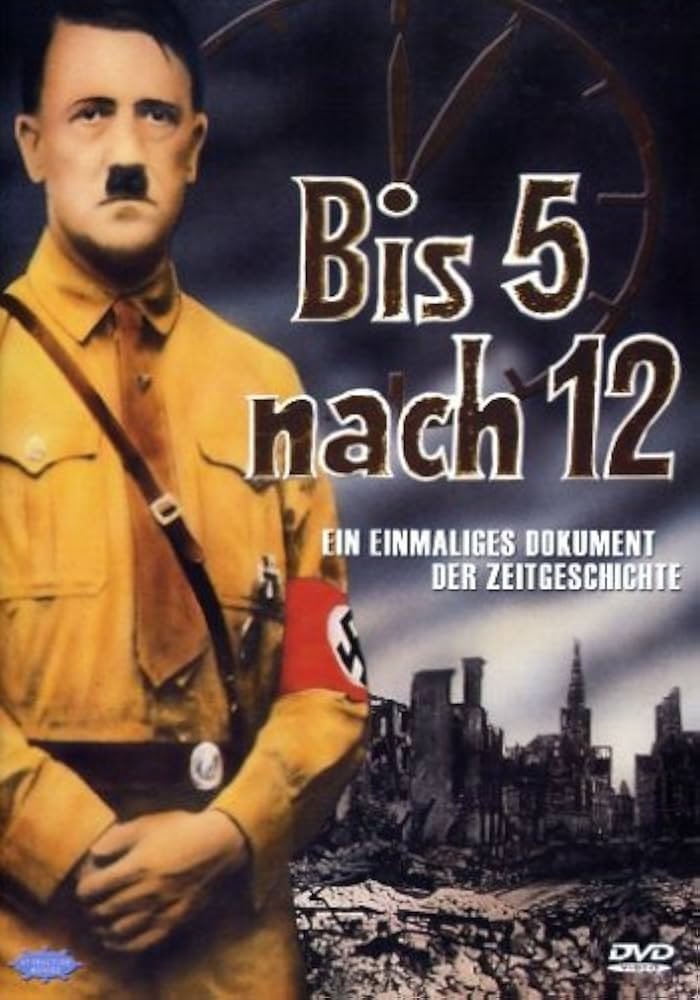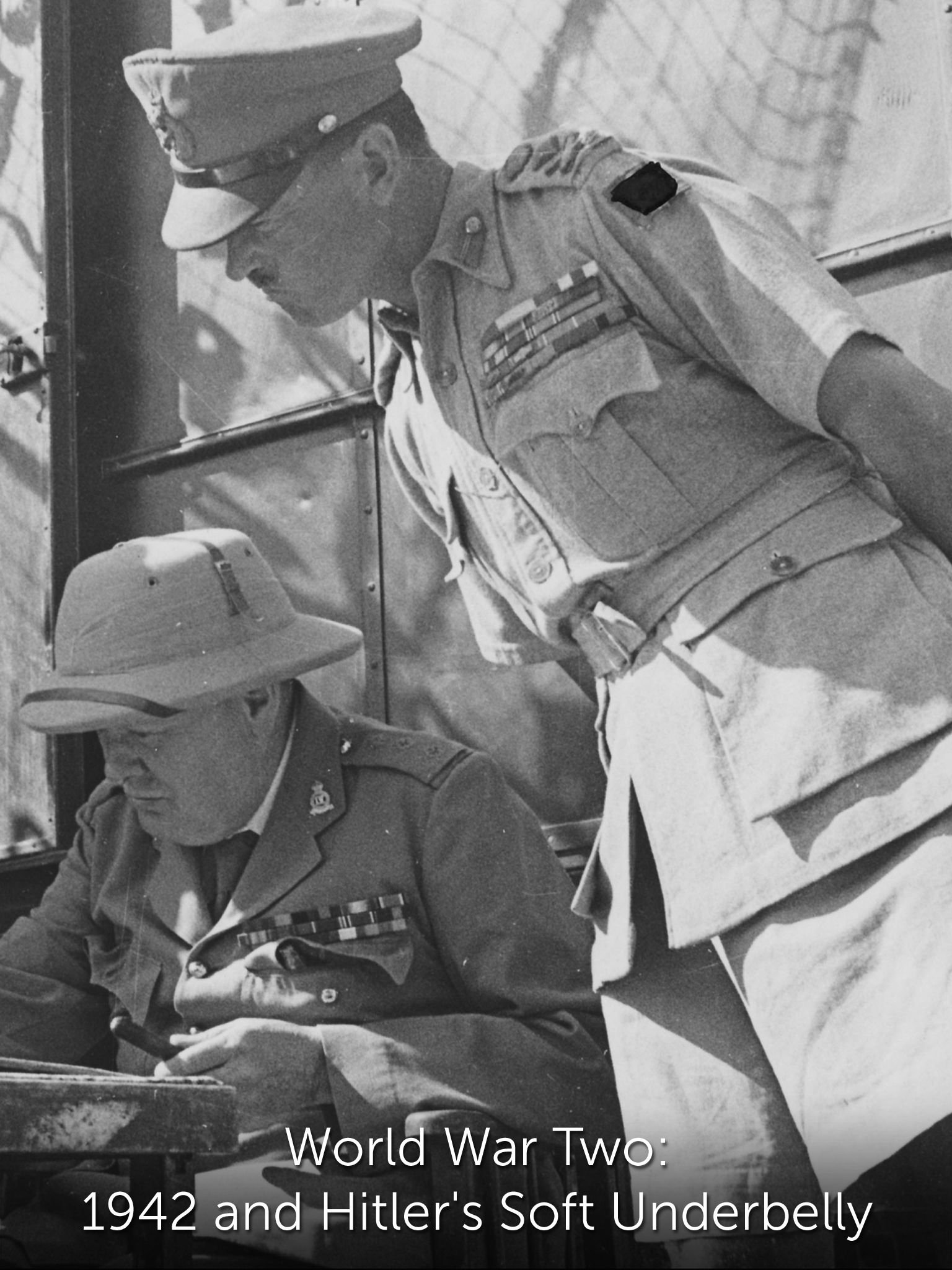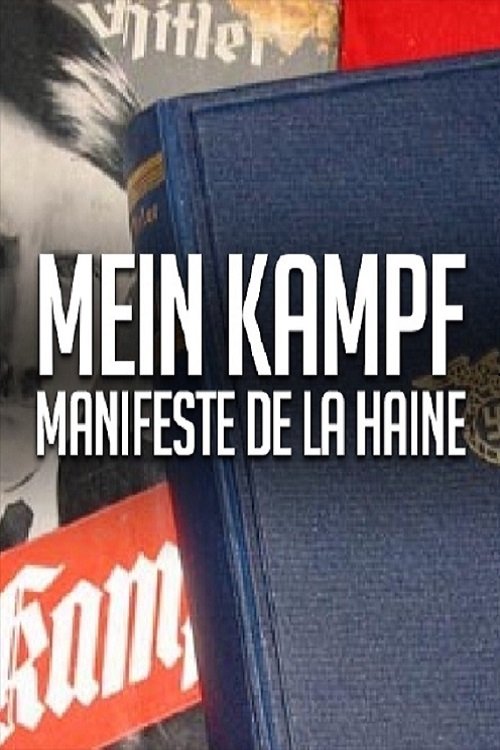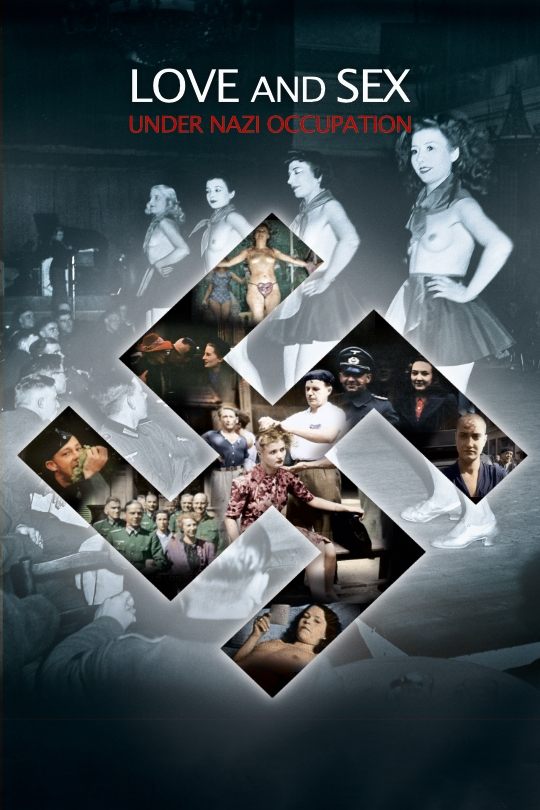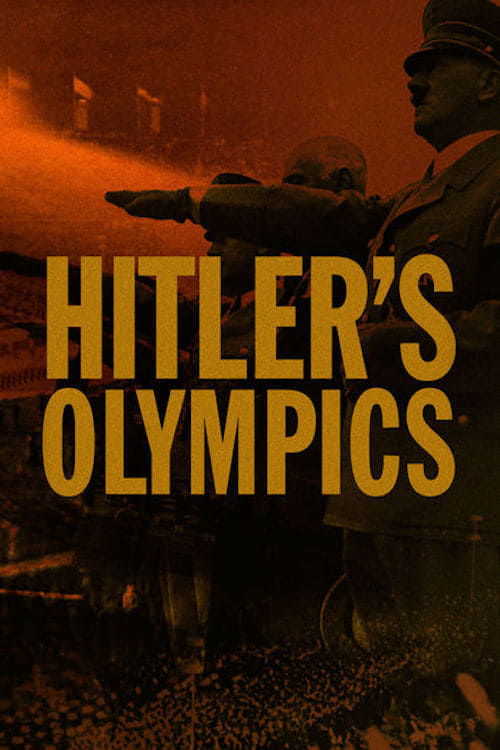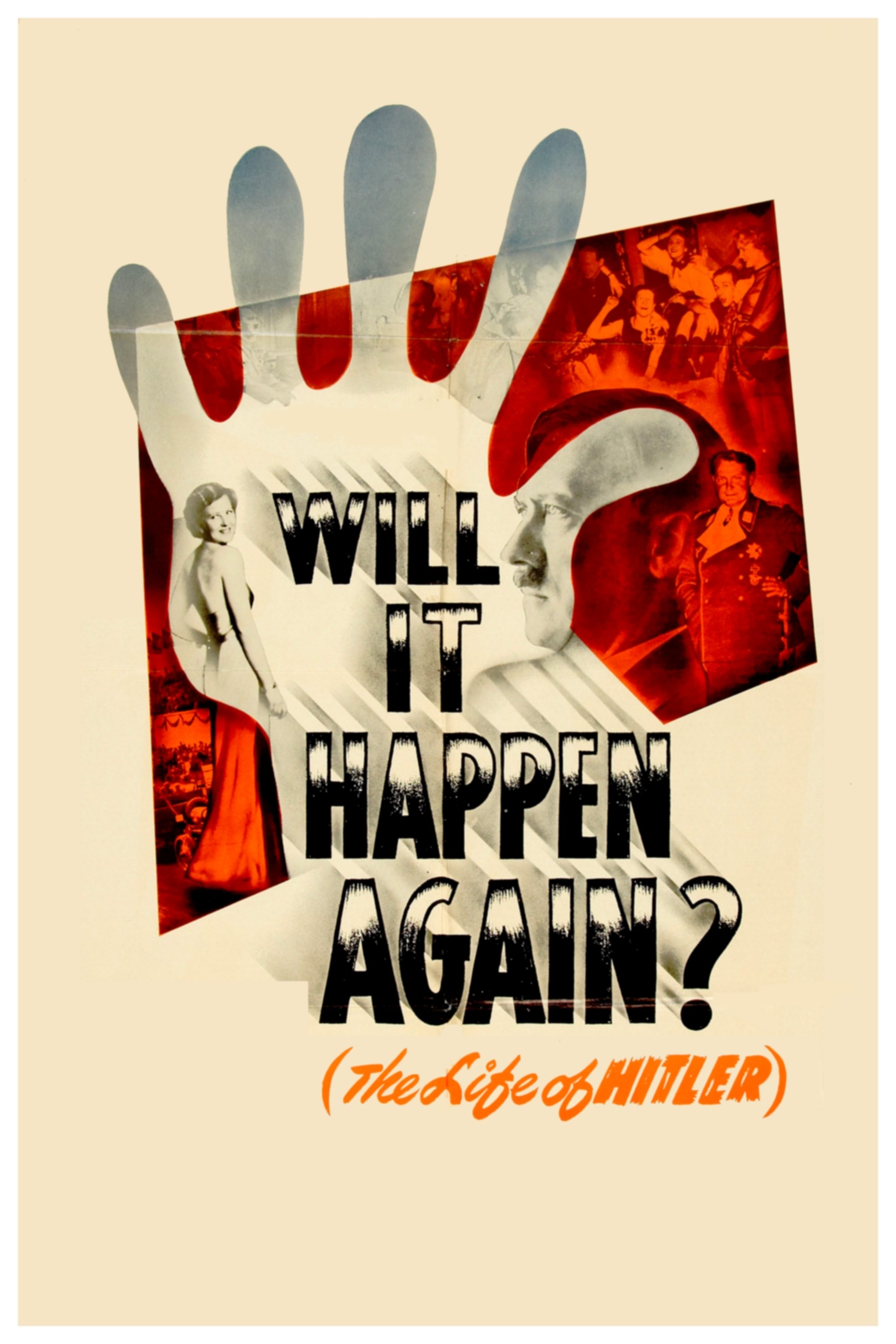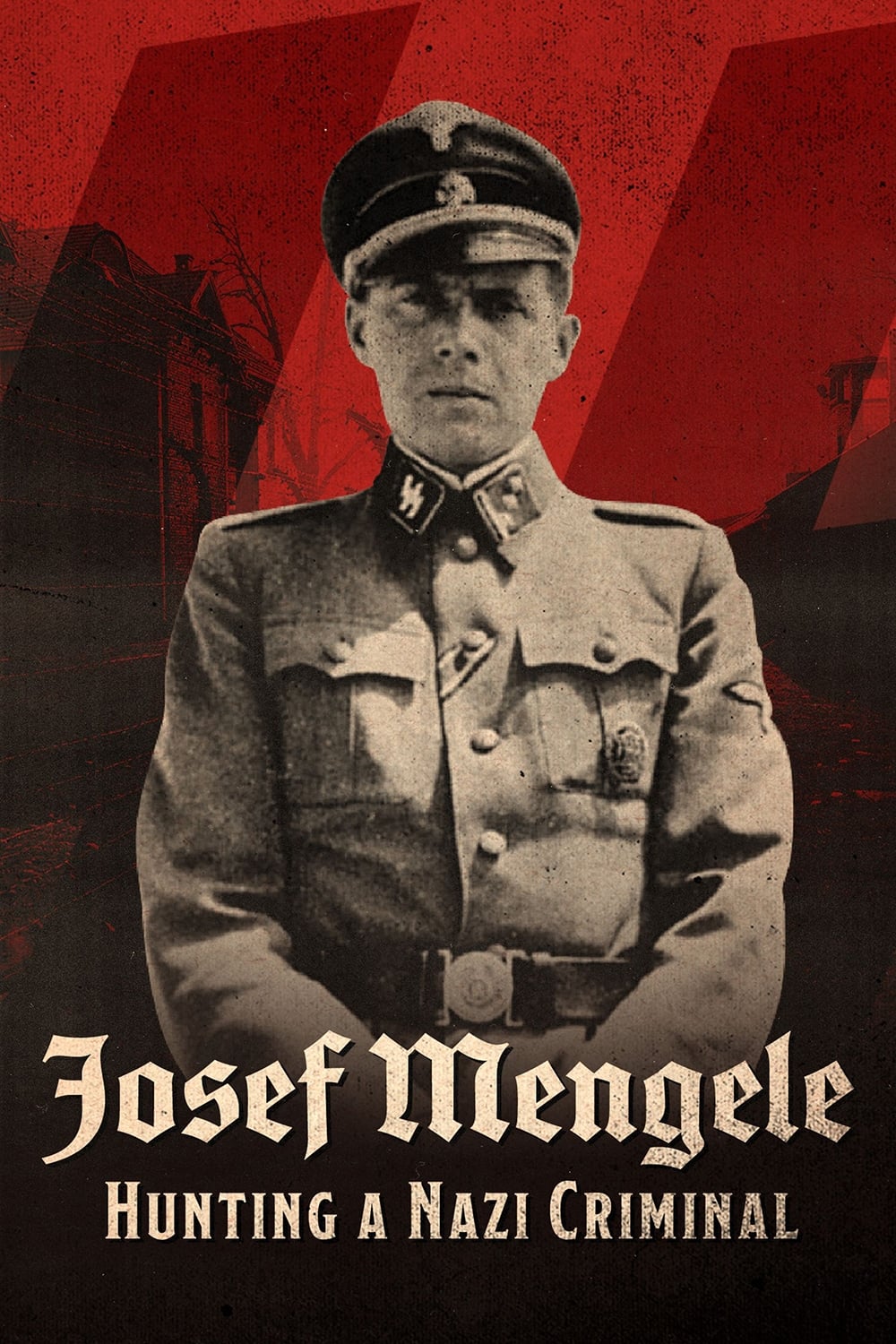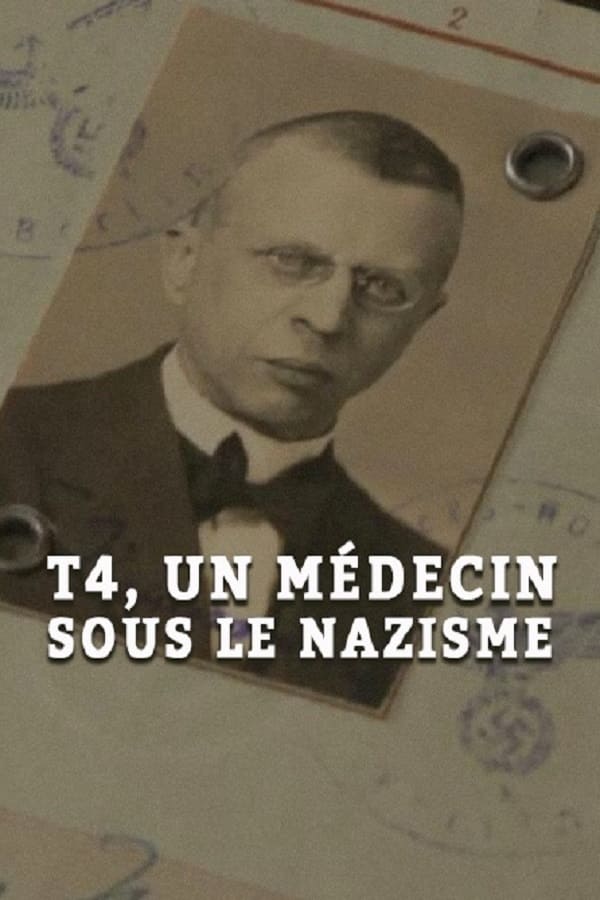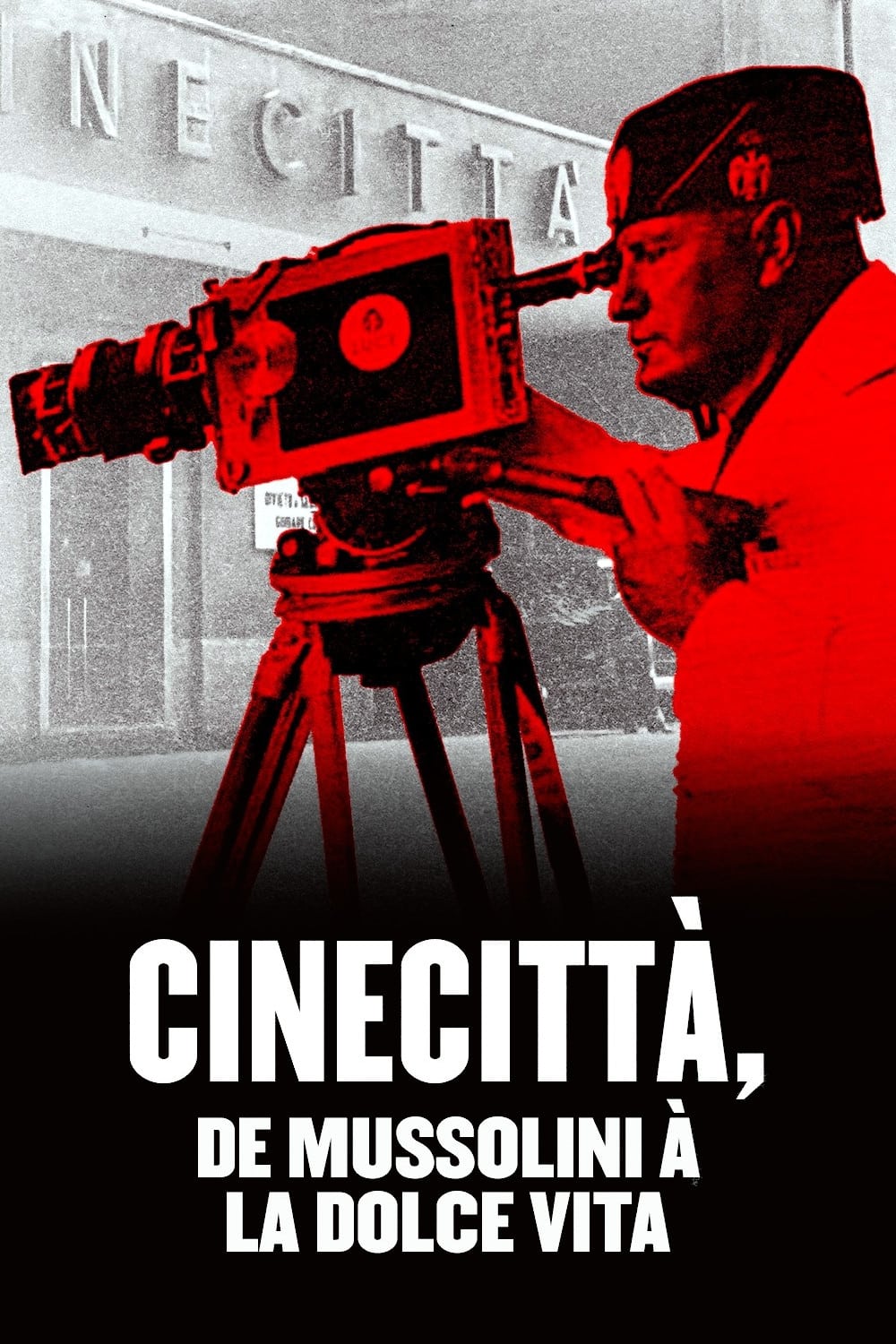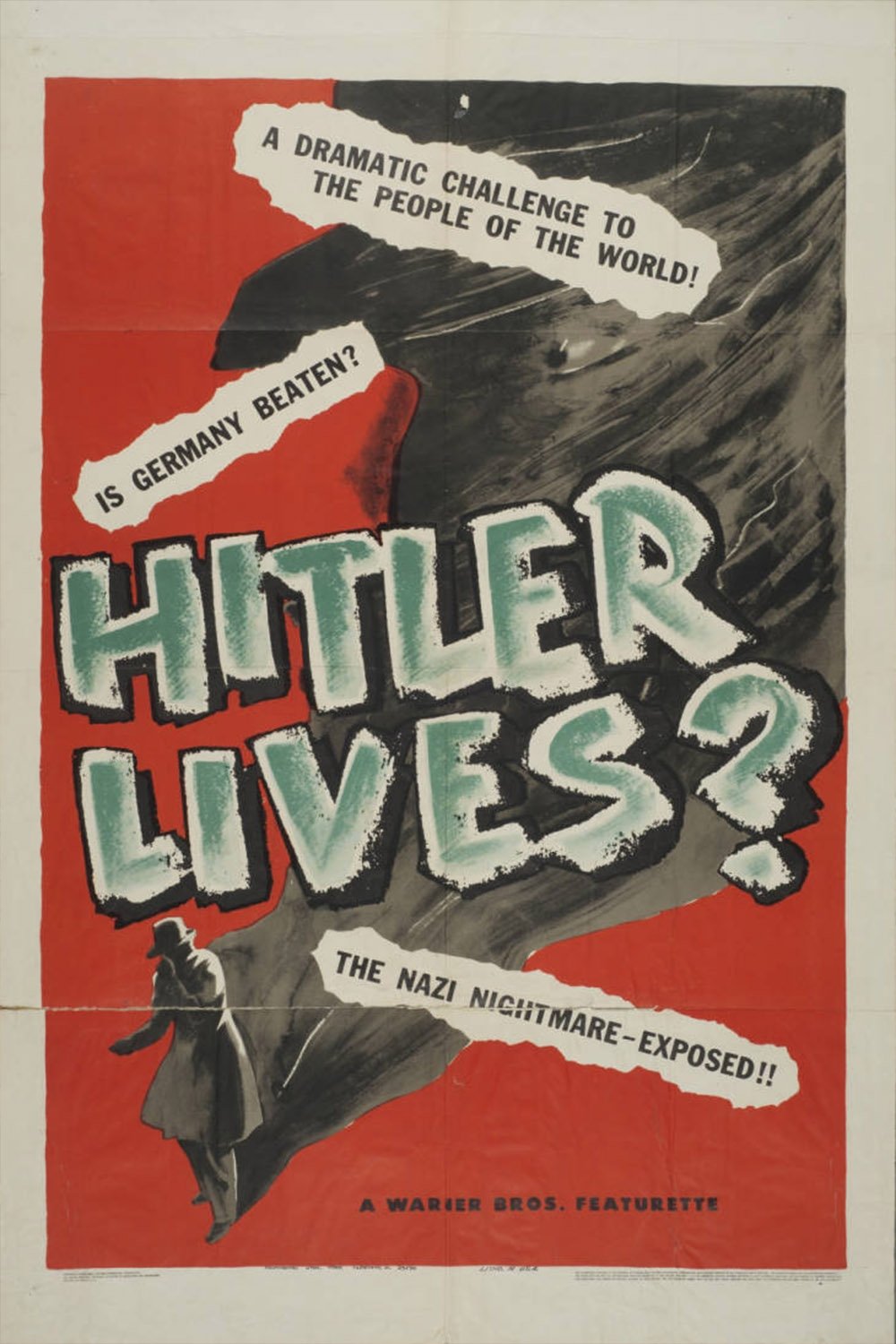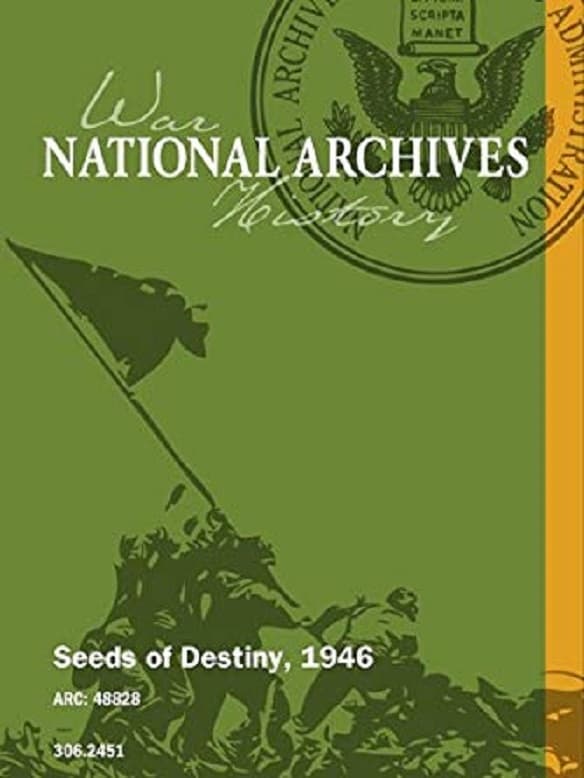Gestern und heute (1938)
Overview
Nazi propaganda film contrasting Germany in the days before Adolf Hitler became Chancellor with the Germany of "today" and how much better it is.
Production Companies
Additional Info
| Budget | $0.00 |
|---|---|
| Revenue | $0.00 |
| Original Language | en |
| Popularity | 0.2385 |
Directed By
Hans Steinhoff
TOP CAST

Adolf Hitler
Self
Similar Movies
In Battle Against the Enemy of the World: German Volunteers in Spain
Nazi propaganda film about the Condor Legion, a unit of German "volunteers" who fought in the Spanish Civil War on the side of eventual dictator Francisco Franco against the elected government of Spain.
Land Without Bread
An exploration —manipulated and staged— of life in Las Hurdes, in the province of Cáceres, in Extremadura, Spain, as it was in 1932. Insalubrity, misery and lack of opportunities provoke the emigration of young people and the solitude of those who remain in the desolation of one of the poorest and least developed Spanish regions at that time.
Railway Station
Warsaw's Central Railway Station. 'Someone has fallen asleep, someone's waiting for somebody else. Maybe they'll come, maybe they won't. The film is about people looking for something.
Night and Fog
Filmmaker Alain Resnais documents the atrocities behind the walls of Hitler's concentration camps.
Olympia Part One: Festival of the Nations
Starting with a long and lyrical overture, evoking the origins of the Olympic Games in ancient Greece, Riefenstahl covers twenty-one athletic events in the first half of this two-part love letter to the human body and spirit, culminating with the marathon, where Jesse Owens became the first track and field athlete to win four gold medals in a single Olympics.
Olympia Part Two: Festival of Beauty
Part two of Leni Riefenstahl's monumental examination of the 1938 Olympic Games, the cameras leave the main stadium and venture into the many halls and fields deployed for such sports as fencing, polo, cycling, and the modern pentathlon, which was won by American Glenn Morris.
Adolf Hitler - Ein Volk, ein Reich, ein Führer: Dokumente der Zeitgeschichte
The film begins with the First World War and ends in 1945. Without exception, recordings from this period were used, which came from weekly news reports from different countries. Previously unpublished scenes about the private life of Adolf Hitler and Eva Braun were also shown for the first time. The film was originally built into a frame story. The Off Commentary begins with the words: "This film [...] is a document of delusion that on the way to power tore an entire people and a whole world into disaster. This film portrays the suffering of a generation that only ended five to twelve. " The film premiered in Cologne on November 20, 1953, but was immediately banned by Federal Interior Minister Gerhard Schröder in agreement with the interior ministers of the federal states of the Federal Republic of Germany.
Sonntag der 13.
Propaganda movie produced by GDR television on the occasion of the 20th anniversary of the erection of the Berlin Wall.
World War Two: 1942 and Hitler's Soft Underbelly
The British fought the Second World War to defeat Hitler. This film asks why, then, did they spend so much of the conflict battling through North Africa and Italy? Historian David Reynolds reassesses Winston Churchill's conviction that the Mediterranean was the 'soft underbelly' of Hitler's Europe. Travelling to Egypt and Italian battlefields like Cassino, scene of some of the worst carnage in western Europe, he shows how, in reality, the 'soft underbelly' became a dark and dangerous obsession for Churchill. Reynolds reveals a prime minister very different from the jaw-jutting bulldog of Britain's 'finest hour' in 1940 - a leader who was politically vulnerable at home, desperate to shore up a crumbling British empire abroad, losing faith in his army and even ready to deceive his American allies if it might delay fighting head to head against the Germans in northern France. The film marks the seventieth anniversary of the Battle of El Alamein in 1942.
Mein Kampf - Das gefährliche Buch
Documentary tells the story of the book and shows what impact its racist and ultra-nationalist content has on us today, where arson attacks, right-wing riots and hate comments against asylum seekers are the order of the day.
Love and Sex under Nazi Occupation
Love & Sex under Nazi Occupation questions the burning mystery of intimate heterosexual and homosexual relations in times of war... and shows how being close to death reinforces the yearning for passion, for pleasure, for transgression, for desire as a last burst of freedom, as an ultimate call to life. Nearly two hundred thousands children are thought to be born of the union of French women with German soldiers. Women weren't the Germans' only conquests; indeed, occupied Paris swarms with all kinds of homosexuals—from Genet to Cocteau—who treated with the occupier. The fate of those women who were shaved at the end of the war for fraternizing with Germans is the punishment of a France that lied down and slept with the enemy.
2 or 3 Things I Know About Him
What would your family reminiscences about dad sound like if he had been an early supporter of Hitler’s, a leader of the notorious SA and the Third Reich’s minister in charge of Slovakia, including its Final Solution? Executed as a war criminal in 1947, Hanns Ludin left behind a grieving widow and six young children, the youngest of whom became a filmmaker. It's a fascinating, maddening, sometimes even humorous look at what the director calls "a typical German story." (Film Forum)
Hitler's Olympics
Hitler, Nazi propaganda and 1936 Berlin Olympics are put under the microscope to uncover hidden truths and the historical legacy of those games.
Will It Happen Again?
An account of Adolf Hitler's rise and fall, his relationship with Eva Braun and their days of leisure at the Berghof, their Bavarian residence.
Josef Mengele: Hunting a Nazi Criminal
He was one of the most notorious Nazi war criminals, infamous for his deadly experiments on twins. But at the end of WWII, he simply disappeared. Despite a global manhunt by Mossad and the allies, he would die a free man, 34 years later, in Brazil. Who was Dr Mengele? What did he do after the war? And why was he never caught? We speak to those who knew him and profile the 'angel of death'.
Operation T4: A Doctor Among the Nazis
A reckoning of Nazi Germany’s planned execution of its own citizens with physical and mental disabilities whom they deemed useless to their society.
Cinecittà, de Mussolini à la Dolce Vita
Cinecitta is today known as the center of the Italian film industry. But there is a dark past. The film city was solemnly inaugurated in 1937 by Mussolini. Here, propaganda films would be produced to strengthen the dictator's position.
Hitler Lives
This short film, produced at the end of WWII, warns that although Adolf Hitler is dead, his ideas live on.
Seeds of Destiny
Oscar winning postwar propaganda film in support of the United Nations Relief and Rehabilitation Administration. Strident but poignant, focusing on children. The film surveys the Nazi/Japanese atrocities, post-war devastation and the early relief efforts. This film was responsible for raising over $200,000,000, making it a top moneymaking film. Preserved by the Academy Film Archive in 2005.
In einer chinesischen Stadt
After the capture of Shanghai, Japanese soldiers make a trip to Suzhou.






